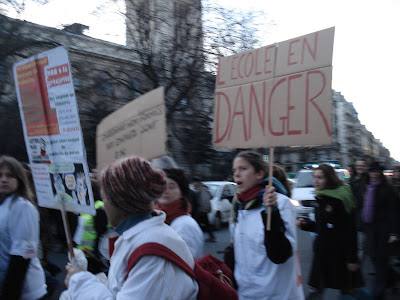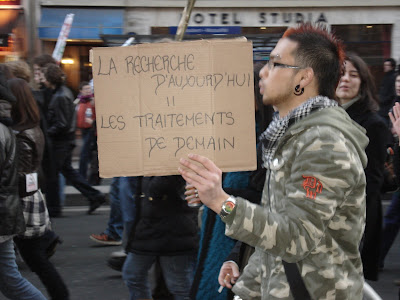

In fact, the Lebanese coast has originally been inhabited by Phoenicians who founded the commercial cities. It was a nation of middlemen who provided a link between ancient empires and different civilizations.
Phoenicians chose the cultural conquest as their main contributions were trade and the Phoenician alphabet, hence communication.
It is probably no surprise that the Lebanese today are eternal migrants, dispatched on all continents.
The Egyptians, Babylonians, the Hyksos, the Hittites, the Persians, Greeks and Romans all fought for the domination of Phoenicia.
Today,
So I’m not bragging, I’m just saying that this multicultural blend should be our strength and our uniqueness. Our history dictated this evolution and we, citizens of





























